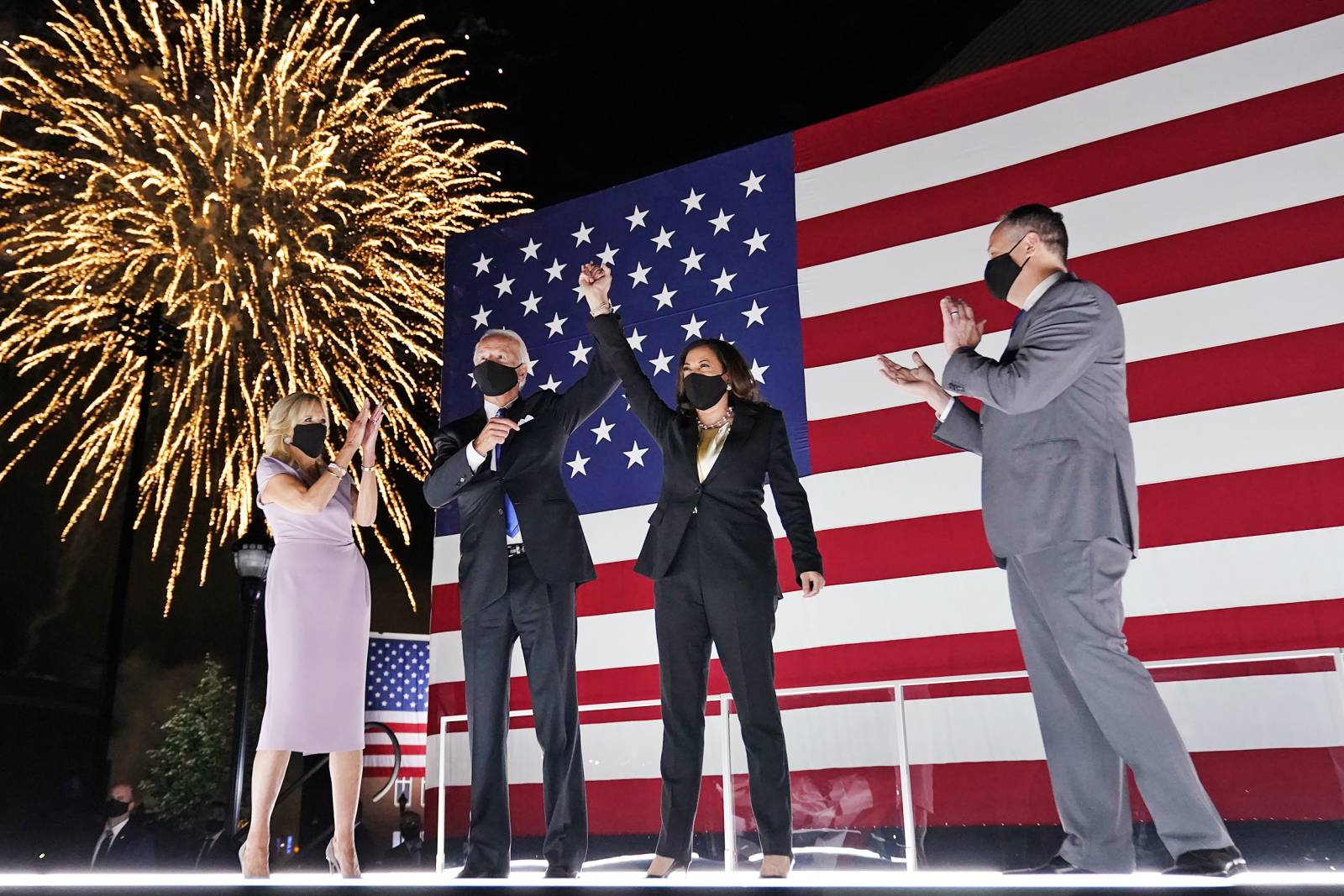If you were waiting for “President Biden’s” first 100 days plan, you left on Thursday night sorely disappointed. It wasn’t a policy speech in any sense of the imagination. It was a speech designed to accomplish a few key objectives.
First, newsflash to anyone not aware of this fact, Joe Biden is not Donald Trump. That was one of the core themes of the speech. Biden spent his short amount of time explaining his empathy with his fellow man. Explaining his understanding of loss by expanding on the emotions he felt over losing his first wife, his daughter, and his son. Those kinds of emotional connections run deep and do create a sense of understanding and empathy in return from voters. The point of the empathy-heavy delivery was to attempt a contrast with President Trump which, as the entirety of the Democratic Convention explained, doesn’t care or doesn’t understand how to be a nice, warm person.
Biden’s policy, in a nutshell, is to “end the season of darkness,” as he put it, which is the presidency of Donald Trump. Biden pledged to work on a few pet issues of Democrats, such as climate change, for example, but he framed it as Democrats often do in terms of the economy. Fighting climate change by supporting and pushing green energy, which, Biden argues, will create millions of new green energy jobs. That’s fine and good, President Obama approached the issue the same way, but it’s not groundbreaking.
There wasn’t much beyond that aside from broad support for job growth, a goal that every politician generally supports, along with economic growth in some form.
Biden did what he set out to do. Avoid heavy policy and simply appeal to the electorate as the “Not Trump” option. Don’t like Trump? “Hi, my name is Joe Biden, I’ll be on your ballot.” The joking simplifies it, and clearly Biden has been a household name after spending eight years under President Obama as Vice President, but the speech served as a reintroduction to his personality in a new role, as a potential President.
As the New York Times opined, Biden wasn’t offering up bullet-point lists of plans and proposals, rather a feeling of understanding:
And Mr. Biden’s acceptance speech cast him as the Connecter-in-Chief.
As you would expect of a challenger, he attacked President Trump’s handling of multiple national crises, including the pandemic that left him addressing a near-empty room. But he also, contrasting himself with a president who has said he hasn’t cried since he was a baby, offered not just to alleviate the country’s wrenching problems, but to feel them along with us.
Beyond the “Not Donald Trump” appeal from Biden’s broadly-themed speech was the need to unite all factions of the Democratic Party. For example, the “Green New Deal” is popular with some portions of the party, but not so much with others. Never was that more obvious than when the candidates split and argued over the feasibility of such a plan on the debate stage last year. Imagine if Biden had spent any time discussing it, or downplaying it. Instead, he never mentioned it because there was no need to unite Democrats on policy objectives.
The uniting factor among Democrats is a disdain for President Trump. Biden’s speech accomplished that. It accomplished a unification of the party not on policy, but on personality, and that personality is better than the current personality of the occupant of the White House, according to Biden and his supporters.
There was no point in Biden seeking large applause lines, there was no in-room audience to applaud. So skip the expected pauses and continue hitting to the heart of the issue.
Biden will surely receive some kind of bounce from his convention speech performance. The bar was continually set low by the Trump campaign, yet Biden didn’t stumble the way some would have expected. That’s due to practice and fine-tuning on his delivery, no doubt. Biden was ready, willing, and able to deliver the speech that was needed to unify his party as best as he possibly could. Progressives are never going to love him, but they hate President Trump much more than they could ever hate Biden.
Worth noting is that the original intention of holding the Democratic Convention in Wisconsin seemed to disappear entirely and fall by the wayside. The “virtual convention” highlighted all states and territories, to one extent or another, but did not provide a boost to a specific location as conventions are often designed to do.
The Republican National Convention will start on Monday, August 24. We do not know much about the RNC format as to whether it will be all-virtual, like the DNC, or partially virtual, with some in-person speeches to a scaled-back audience. The “business” portion will still take place in Charlotte, but President Trump is expected to deliver his nomination acceptance speech from the White House.
Donate Now to Support Election Central
- Help defend independent journalism
- Directly support this website and our efforts
